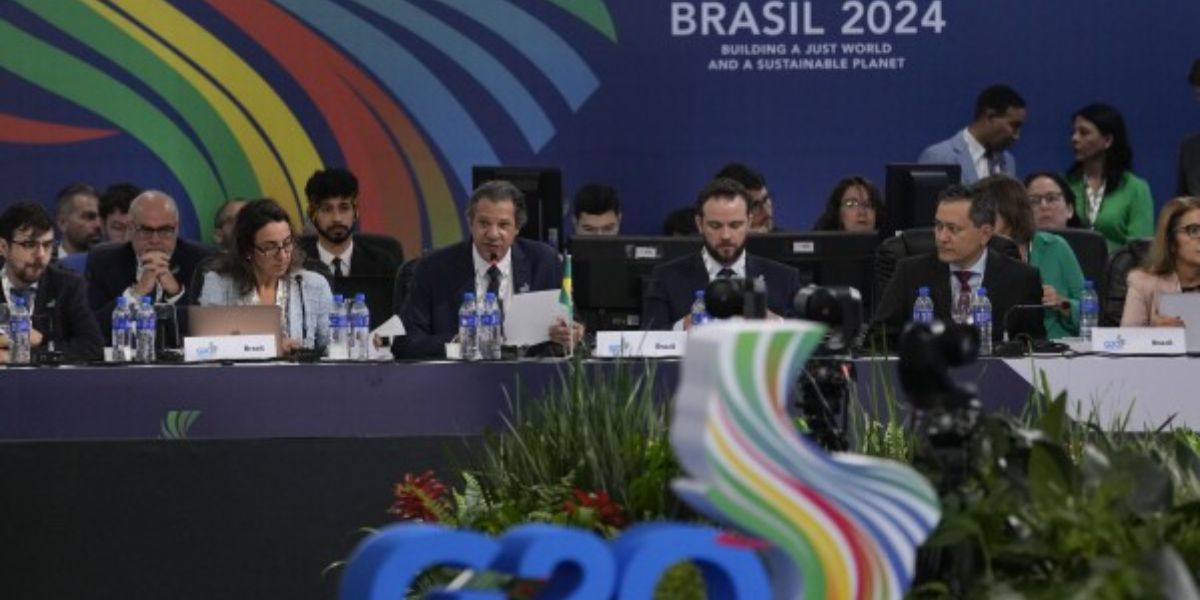In a recent report, which it commissioned for its current presidency of the top 20 affluent and developing countries, Brazil suggests imposing a global tax on the ultra-rich.
The suggestion in the study by French economist Gabriel Zucman, a professor at the Paris School of Economics, is that people with total assets above $1 billion should pay income tax equal to 2% of their fortune.
According to the report, the current tax burden on global billionaires amounts to 0.3% of their wealth. It claimed that a 2% tax would raise $200 billion to $250 billion annually from roughly 3,000 people worldwide. This amount of money could be used to pay for public services like healthcare and education as well as the battle against climate change.
In an interview with journalists, Zucman stated, “The super-rich pay proportionately less in taxes than other socioeconomic groups,” adding that this practice perpetuates inequality. He described the progressive tax system as a “key pillar of our democratic societies,” one that is necessary to build social cohesion and public confidence in political institutions.
According to the new research, billionaires now hold the equivalent of 13% of global GDP, up from 3% in 1987.
According to the report, billionaires who do not currently pay income taxes equal to 2% of their fortune would be the target of the new tax. According to Zucman, it is hard to be more exact, although the majority of billionaires worldwide most likely pay less than 2%.
According to him, Belgium, Colombia, France, Spain, and the African Union—a recent addition to the G20—have all showed interest in the plan.
During its G20 leadership, Brazil has made reducing inequality, promoting sustainable development, reducing hunger, and reforming global governance top priorities.
One approach to raise money to advance those objectives is by a worldwide minimum tax on billionaires, Felipe Antunes de Oliveira of Brazil’s Finance Ministry told media.
Read Also: Deadly Crimea Incident: Russia Alleges US Support in Ukrainian Offensive
He realized that the road ahead would not be easy.
Oliveira stated, “We can expect the negotiations to be long,” reiterating comments made by Finance Minister Fernando Haddad during the proposal’s initial discussion in São Paulo in February.
Oxfam International, an anti-poverty organization, commended the new report and stated that since the coronavirus outbreak, the gap between the super-rich and the majority of the world’s population has widened.
A 2023 analysis by the advocacy group Tax Justice Network estimates that the use of tax havens by people and corporations could cost nations worldwide up to $4.8 trillion in lost tax income over the course of the next ten years.




